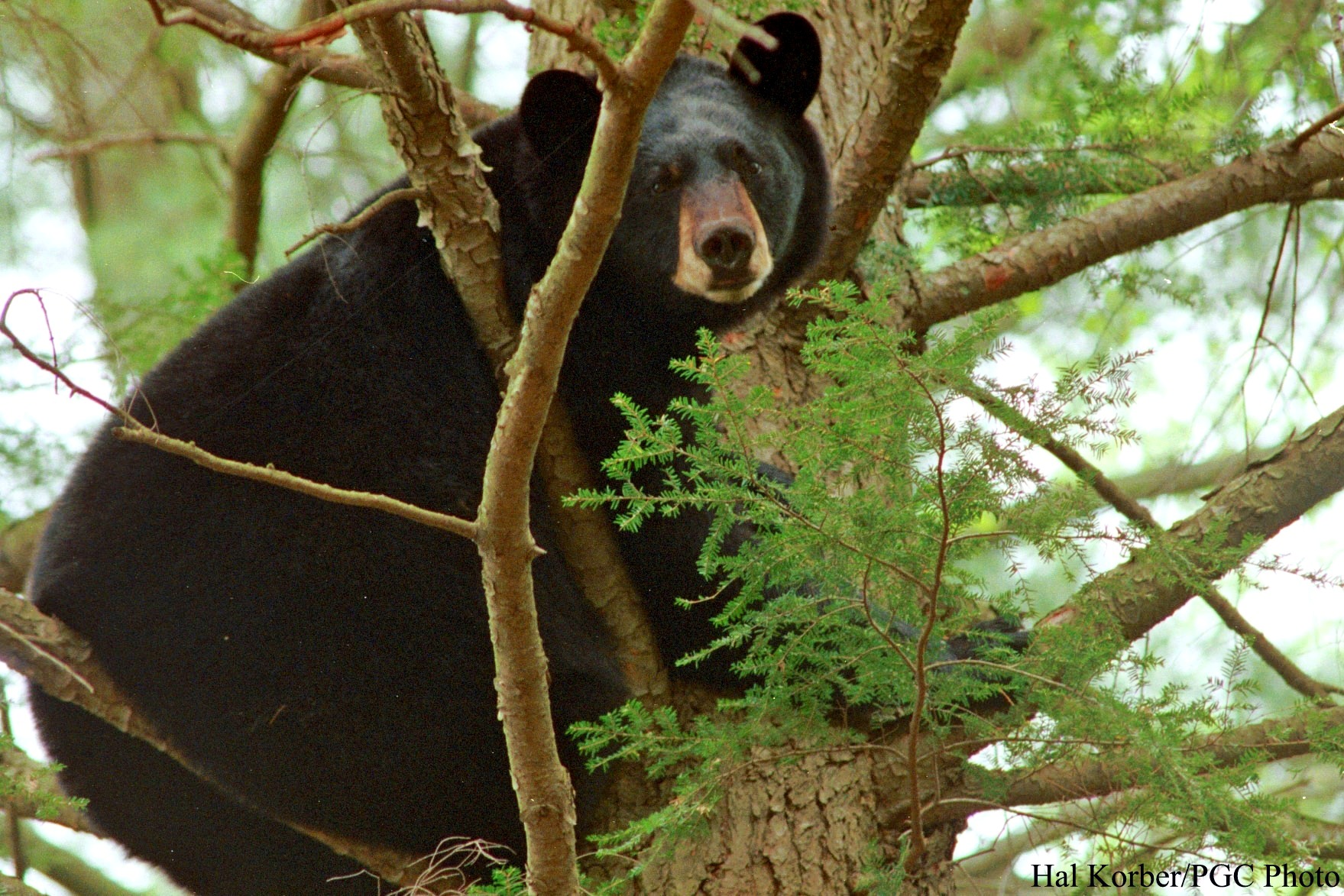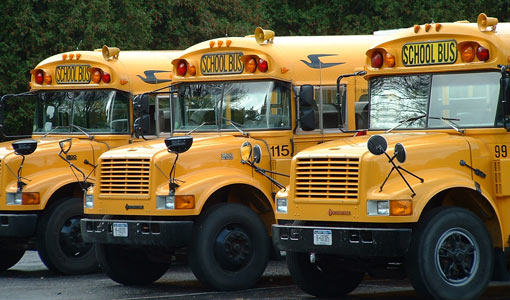Corbett Would Waste No Time Signing Voter ID Bill
Citing 87% public support, Governor Tom Corbett says he would sign Voter ID legislation as soon as it gets to his desk. “I look at it this way, it ensures one man, one vote,” Corbett says. The bill being so hotly debated in the House would require all voters to show an approved form of photo ID every time they go to the polls.
The January poll from Terry Madonna Opinion Research indicates that 47.2% of statewide voters “strongly favor” requirements that voters show a drivers license or other state issued identification before they can vote. 39.6% “somewhat favor” the concept.
Next months’ primary would be a dry run, and the Voter ID bill would be enforced for the first time this November. While critics balk that it’s too fast of an implementation, Corbett disagrees. “This has been the subject of discussion for a number of years. We have an election coming up. Let’s get it done,” Corbett says. “Quite honestly you could ask the question in reverse, Why not get it done?”
The governor’s budget plan sets aside $1-million to provide funds to issue non-drivers license identification cards to any voter who declares it necessary for voting purposes. Democrats, however, argue that the actual cost of implementation would be $11-million.
As of the time of this post, the House was still debating the bill. If it concurs in Senate amendments, the House would send the bill directly to Corbett’s desk.














